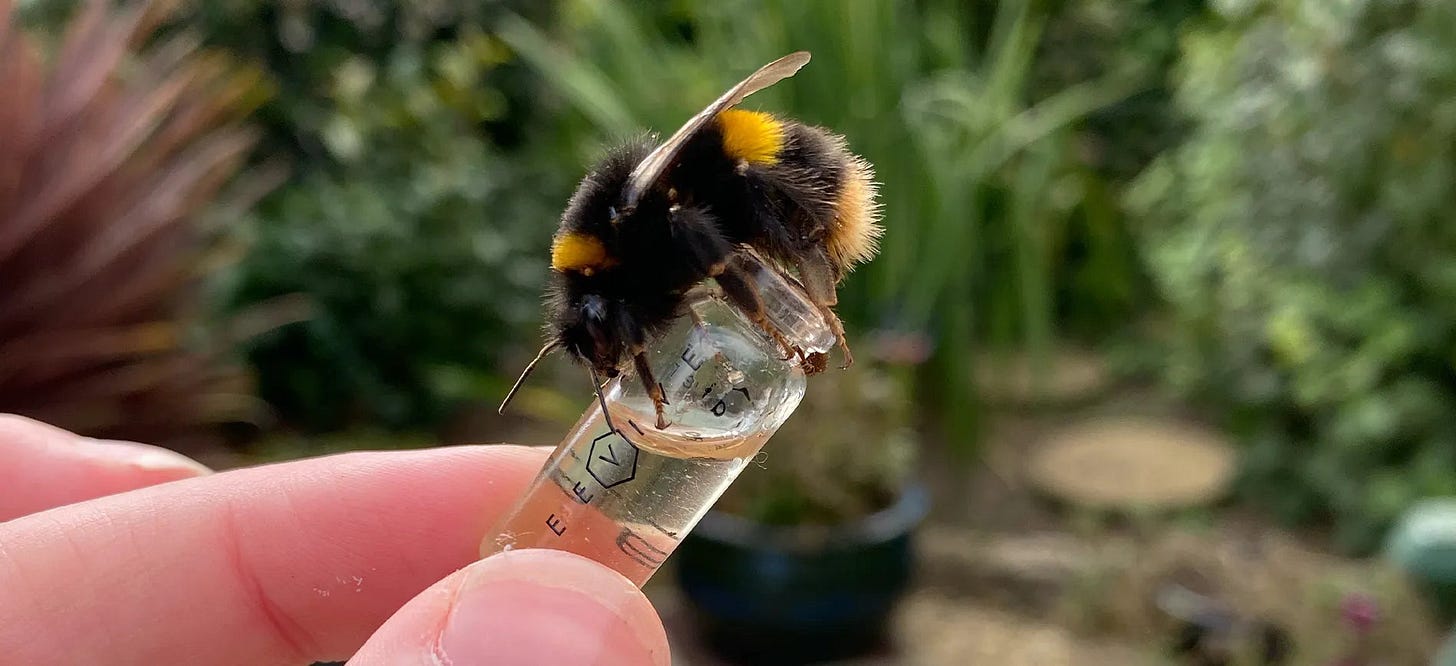Does the idea of autonomous factory farming (i.e. factory farming by intelligent autonomous systems, with no human interposed) create an intuitive protective response for non-human animals by meat-eating humans?
Project:
As part of a recent university project, I considered the use of AI in factory farms, and how we might view that position ethically. The impetus behind the project was to point out the ethical challenges, simply introducing broad concepts around speciesism to a general audience.
Outcome:
Following the project, I considered how this situation would be viewed by meat-eaters, particularly those who do not generally consider deeply the ethical positions that they take in day-to-day life. When I introduced my project to many individuals, none of whom were philosophy students or interested in philosophy, the general response was one of disgust: “that’s such a messed up concept - there wouldn’t even be a human involved?”
However, I then considered - why does it make any moral difference to the meat-eater how their meat is produced? Is there a moral difference between a slaughterhouse which contains the conditions described by Singer in Animal Liberation Now (i.e. a conveyor belt) and an analogous conveyor belt without a human manning it?
The answer, especially for the animal, must be no. The intuitive response surely considers the latter worse because many meat-eaters still view their meat as coming from the idyllic farm, where the end of life chicken is then sent to the butcher.
Takeaway:
My tentative conclusion therefore is that presenting the perils of AI in factory farming as further dehumanising the production of meat may present a compelling argument for meateaters to consider their choices, if they are disinclined to consider deeper ethical arguments such as those presented by e.g. Singer. By removing the human element entirely from the birth of an animal to its consumption, humans may instinctively refuse to consume factory farmed products.
My apologies if this theory has already been discussed (I could not find literature on it - please let me know if you know of any), and I would love to hear anyone’s thoughts on the matter, or if there are any projects currently working on this.




Thanks Max! I actually have not dived as deeply into the question as I would like, but hope to over the coming months. I agree: the public response towards cows and pigs might again intuitively be more repulsed than towards insects and shrimp. I had not seen the link, thanks for the share.
I hadn't thought about the second paragraph, and I think this kind of research might help to mitigate some of those statements? The issue might also be that it will be rather difficult to gain access without significant funding and time to these kinds of systems - how can farming companies' claims be disproven? If we can't disprove those kinds of claims, can we change the public's general moral view of factory farms?